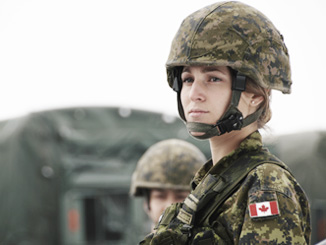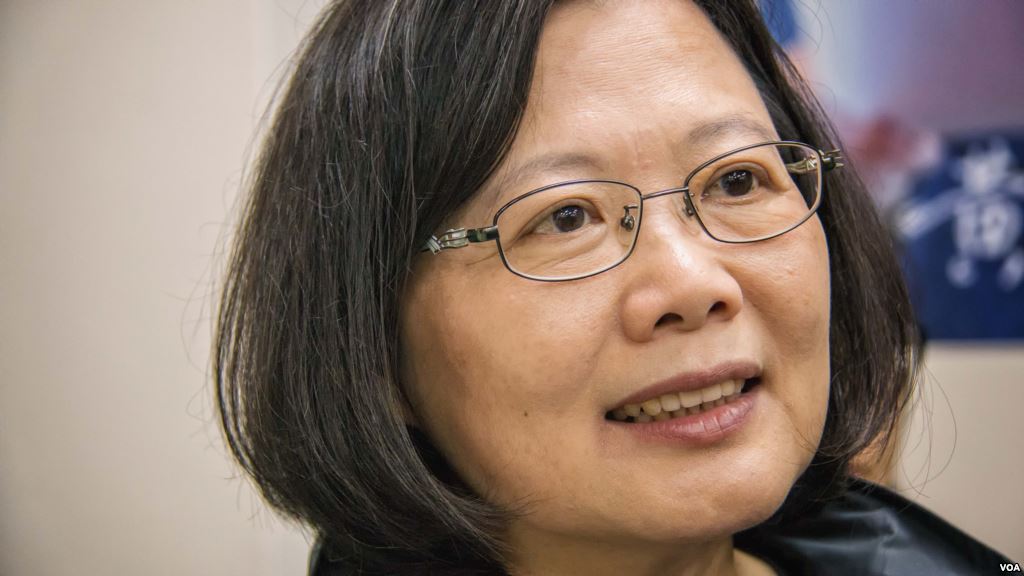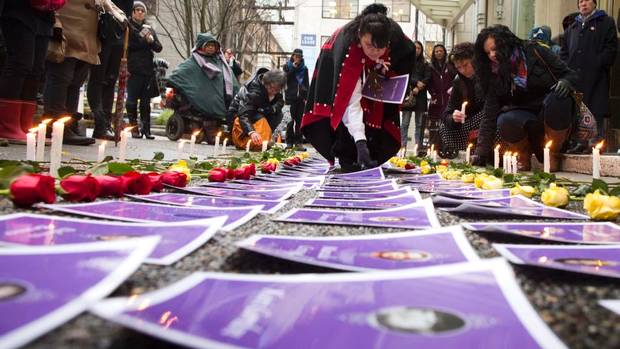On Wednesday November 21, 2012 the NATO Council of Canada proudly hosted its first roundtable on gender relations in the Canadian Forces and the initiatives of our military institutions to integrate women into its domestic and international defence policies. As part of our distinguished panel, the Council presented Kursten Riswold, Colonel Jennie Carignan, and Major Krista Dunlop. As the first speaker, Kursten gave a presentation titled “Claiming Space in the Warrior Narrative” which outlined a rather critical assessment of the Forces’ policies that she argued delineated what ‘good CF membership’ was. She suggested that while CF policies addressed issues such as childcare and maternity time, she contended that the organization’s androcentric culture has been unfair to women by dealing with these issues mostly from a logistical perspective. Utilizing a feminist perspective, Kursten sought to challenge the institution’s mandate that has historically preferred, and continues to prefer the male experience.

Colonel Jennie Carignan during her deployment in Afghanistan to commend the Task Force Kandahar Engineer Regiment. [/caption]The critique of CF policies towards women was in many ways countered by ensuing speakers. Colonel Carignan who currently holds the impressive role of Chief of Staff of Land Forces Central Area and Joint Task Force Central, spoke of the importance of leadership and personal confidence to carry out missions. She spoke of her experience in Afghanistan where she frequently worked almost exclusively with men in the Afghan National Police and Army. She once again highlighted the importance of personal strength and a robust support system that fostered her successful mission.
Carrying a similar understanding, Major Krista Dunlop enthusiastically spoke of her many roles as a mother, as a commander of 128 AD Battery, and as a friend to her colleagues in the Forces. Outlining her career accomplishments and “love affair” with her experience in the Forces, particularly her deployment to Afghanistan. Perhaps Krista’s most significant contribution to the roundtable was when she spoke of the women she met who were greatly inspiring the women around them. She presented examples of the 28,000 loans that the USA provided to support small business development in Afghanistan, in which 75 percent have gone to women. She shared her experience attending a fashion show at the end of a jewellery-making or fashion design program that 20 Afghan women were able to graduate from. While she recognized that these were rather limited in their reach, she emphasized the importance of these ‘small victories’ because of the women’s ability to pass along knowledge and training to family members and their larger community. She argued for the need for female role models that exude confidence and leadership while demanding respect and acceptance. She posed the question of why there has been so little attention paid to women leaders and why the styles of leading more often exhibited by women are particularly useful.

Following the three presentations, Megan Dersnah, a PhD candidate at University of Toronto, led the discussion period, with an impressive level of engagement from the audience. The first question directed to the panel was regarding the need for quotas in the military as an essential starting point for women to break into these male dominated industries. The speakers agreed that quotas are necessary as a bona fide standard but argued the issue for the Canadian Forces now lies in retaining their female members for more than a couple of years. The second question for our speakers was about the rate of sexual assault, which the Colonel argued was a very small one percent of the military crime reported. This statistic stands in stark contrast to the 11 percent sexual assault rate outside of the military. Other questions centered on sexism in the Force and whether this affects female advancement. Both Krista and Jennie argued that the Canadian Forces has zero tolerance for sexism and gender based discrimination and claimed that the Force work hard to eliminate bullying in all ranks. An interesting point brought up by the speakers within this conversation is the need for social constructs in all realms of the professional world, and not just within the military, to change.
The NATO Council hopes to host several more events that will explore gender relations in various fields of security and development. It was a great honour to host our speakers and the Council is very pleased with the audience turn out and their active engagement with the speakers. Please monitor our website to keep abreast of our upcoming events on this topic.




